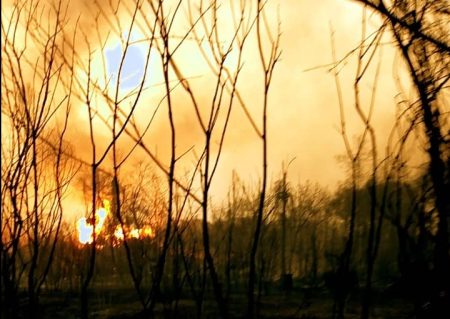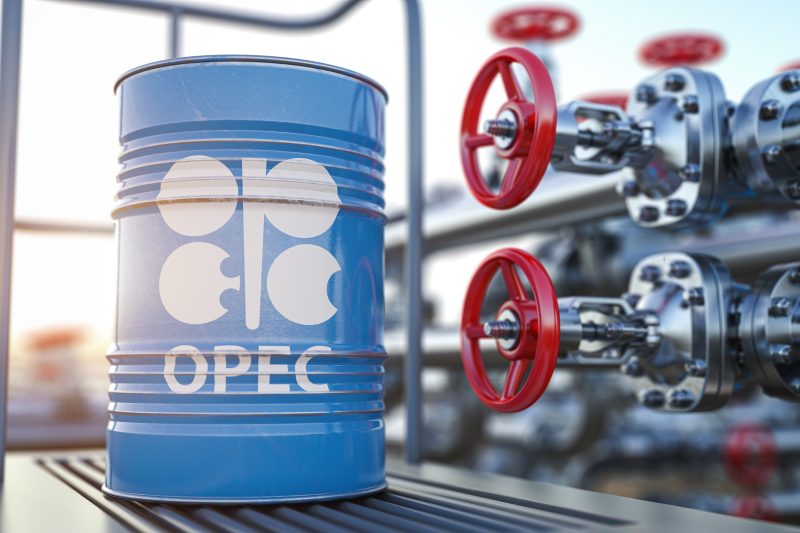…Predicts $74/b for 2022

Sam Ikeotuonye
Lagos — The World Bank has predicted a $70 per barrel average price for crude oil this year, an increase of 70 percent over its previous projection.
It stated this in a press release on its latest Commodity Markets Outlook forecasts, where it also projected that crude oil prices would average $74 a barrel in 2022.
“Crude oil prices (an average of Brent, WTI, and Dubai) are expected to average $70 in 2021, an increase of 70 percent. They are projected to be $74 a barrel in 2022 as oil demand strengthens and reaches pre-pandemic levels.
“The use of crude oil as a substitute for natural gas presents a major upside risk to the demand outlook, although higher energy prices may start to weigh on global growth,”” the global institution said in the release.
It stated that as global growth softens and supply disruptions are resolved, metal prices are forecast to fall 5 percent in 2022, after rising by an estimated 48 percent in 2021. Following a projected 22 percent increase in 2021, agricultural prices are expected to decline modestly next year as supply conditions improve and energy prices stabilize.
“High natural gas and coal prices are impacting the production of other commodities and pose an upside risk to price forecasts,” said John Baffes, Senior Economist in the World Bank’s Prospects Group. “Fertilizer production has been curtailed by higher natural gas and coal prices, and higher fertilizer prices have been pushing up input costs for key food crops. The production of some metals such as aluminum and zinc has been reduced due to high energy costs as well.”
More broadly, the report said the events of this year have highlighted how changing weather patterns due to climate change are a growing risk to energy markets, affecting both demand and supply.
“From an energy transition perspective, concerns about the intermittent nature of renewable energy highlight the need for reliable baseload and backup electricity generation. These will increasingly need to be from low-carbon sources, however, such as hydropower or nuclear power, or from new methods of storing renewable power.
“At the same time, the surge in natural gas and coal prices this year has made solar and wind power even more competitive as an alternative energy source. Countries can benefit from accelerating the installation of renewable energy and reducing their dependency on fossil fuels,” the report stated.
The World Bank, however, maintained that the forecasts were subject to substantial risks—including adverse weather, the uneven COVID-19 recovery, the threat of more outbreaks, supply-chain disruptions, and environmental policies. F
Follow us on twitter



